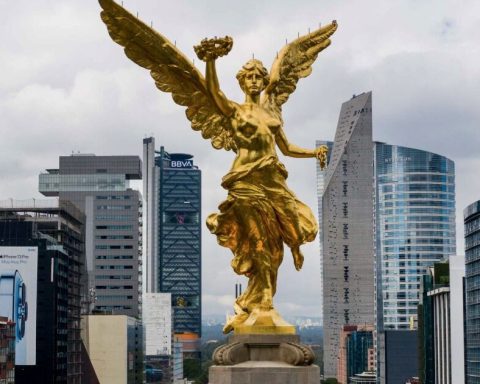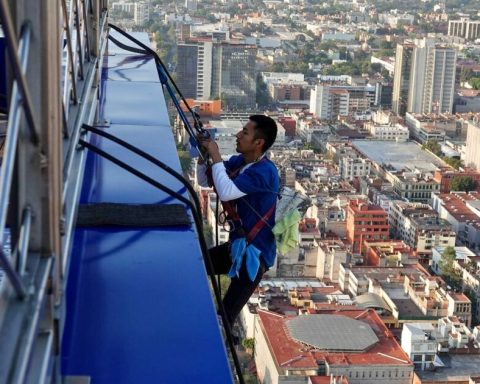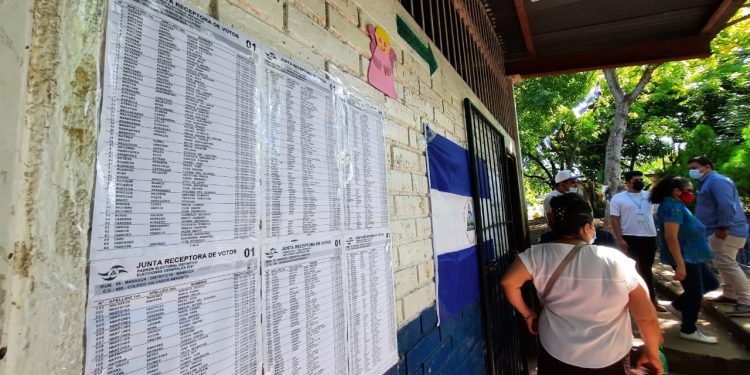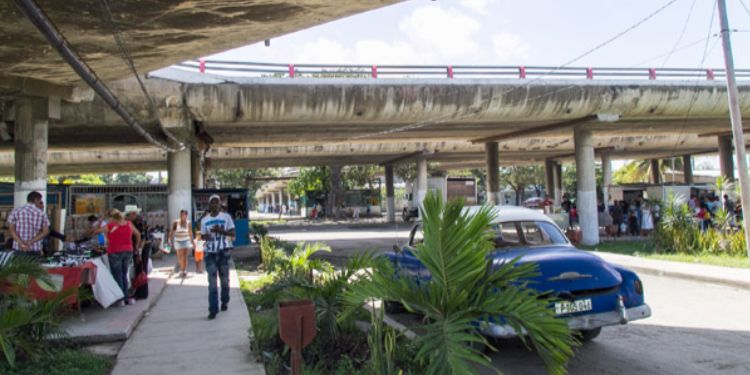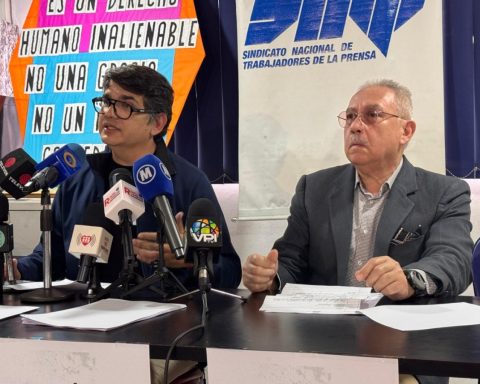AND
he Day of the Dead was brought forward in Tlaxcala. The rural normalistas of Panotla took to the streets to demand the reinstatement of the negotiating tables with the educational authorities. They ran into a group of between 200 and 250 police and firefighters, who surrounded them with firearms, tear gas and fire extinguishers. The girls began to record them with their cell phones. At first, the uniformed men took it with humor and told them that they were going to dress up to appear handsome
. Then they lost their cool. Consider what happened on October 2. that will happen to you
threatened them (https://bit.ly/3TLobS4). One of them, Beatriz, 21, died as a result of the repression, after being brain dead.
The government of Tlaxcala gave the starting signal for the policy of the stick against the students days before intimidating them by reminding them of the massacre of Tlaltelolco. On October 15, male police officers in three squad cars set up outside the school and attempted to arrest several female students, with no luck. The thing did not stop there. Instead of stopping, the harassment against the young women continued for several days.
On October 16 at 10:15, the Secretary of Citizen Security, General Raúl Ruiz García, announced the start of a security device in the vicinity of Tlaxcala, to do not stain
the world archery event. Fifteen minutes after the announcement, the Normal Rural Licenciado Benito Juárez was surrounded by more than 100 patrols, riot police, police forces made up of men and helicopters, carrying firearms and tear gas bombs.
At 11:20, riot police approached the entrance of the institution, threatening to evict the students from their school. The intervention of the people of Panotla, who took to the streets to defend the young women, forced them to back down. Simultaneously, a helicopter flew over the normal and threatened to land, while two of its passengers pointed long weapons at the students.
Simultaneously, two students who were documenting the police movements at the Zaragoza gas station were illegally detained, realizing that they were normalistas. take them away
command ordered. They were taken separately to a house near the bus station, required to give them their social media passwords, interrogated and forced to delete photos, videos and broadcasts. They formatted their cell phones in the midst of verbal and psychological attacks. They are good for being unruly, but not for studying
, they recriminated them. After four hours of detention without an arrest warrant, they were transferred to near Apizaco and abandoned in a lonely spot. When they got off they were warned: make it clear that they were not detained and that they may have consequences
.
The Panotla normalistas centrally demand the removal of the school’s management cadre (their term has already ended), accused of taking over powers that do not correspond to them and improperly withholding resources from the institution. Respect and recognition of the student organization. The increase in enrollment. Now they have incorporated into their specifications the cessation of violence and harassment against female students. The investigation and punishment of those responsible for the attacks. The non-cancellation of the school semester. The restitution of the 280 rations that are under requisition. The resumption validation of teaching practices and consultancies.
The young women of Panotla had the first contact with the Secretary of Public Education of the State of Tlaxcala and General Director of the Secretary of Public Education of the State-USET, Homero Meneses Hernández, a year ago. They have a signed minute that attests to this. On September 12, they delivered their new petition. But, although formally there was dialogue, in reality it was no more than a simulation. Meneses sat with them but did not listen to them.
The underlying problem in Panotla is that the educational authorities are bothered by the activism and organization of young women: the student committee Ernesto Che Guevara and the Federation of Socialist Peasant Students of Mexico (FECSM). As he stated to The Journey of the East the director of Terminal Education of the USET, Rosa Isela García Herrera, the biggest problem in the school is of a political nature, derived from the militancy of the students in the FECSM, since they have a type of political organization within the campus that sometimes collides with the organization of an academic nature
(read, of the determination of officials to command at all costs).
The authorities want to impose a model of academic functioning that is alien to rural normalism. They intend to put an end to the five axes that articulate the activity of all rural normal schools in the country, and that are one of their core points of operation: academic, in which they are trained for study; political, where the reality of the country is understood; cultural, with dance groups, music; sports, to promote physical activity and the production module, in which its peasant character is claimed.
Eighty-four years after the founding of their school, the young women of Panotla, whom the government of Lorena Cuéllar treats as criminals, have a purpose, a dream: to graduate in primary education and serve the people of Mexico; create a new education; transform teaching for the good of the community, be good teachers. They want to go to remote communities so that children can enjoy the right to education. But, at the same time, they are determined to defend their organization and the essence of the project of rural normalism to the last consequences.
Twitter: @lhan55


